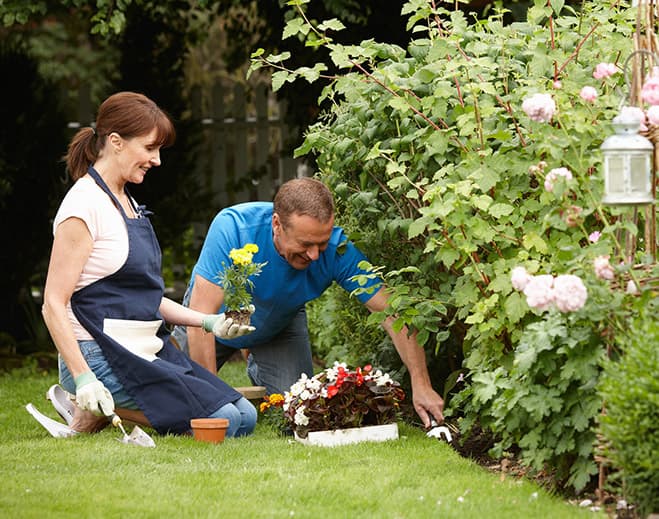Healthy Living
Anytime Gifts for Caregivers
Do you have people in your life who are caregivers? Perhaps someone in your family cares for another family member, or you have a neighbor or close friend who spends significant time providing care, whether living in or not. You may be a caregiver yourself. Even in loving relationships, caregiving is stressful. Emotional and physical demands can take a toll, and even more so in a COVID-19 environment, leading to depression, anxiety, compromised immune systems and other health problems.

Gifts of Service for Caregivers
Some gifts take almost no time at all yet can make a significant difference to someone whose job or life is focused on others.
- Write a note – Notes of appreciation can encourage caregivers. It’s always nice to know that someone is thinking of you.
- Run an errand – It may be easy to go the store for yourself, but caregivers may have limited time. Check in with a caregiver you know who may need groceries or a pickup from the pharmacy.
- Make or take a meal – Everyone appreciates a break in the routine of meal prep. When you take a meal to a caregiver you can help make their day just a little bit easier.
- Schedule a walk and talk – A caregiver may not be able to often go too far from home but may have time for a walk around the neighborhood – while safely maintaining distance – to get some fresh air and exercise. Your companionship makes the time even better.
- Bring lasting beauty – Plant seasonal flowers in the yard or give a container with a flowering plant that can lift the spirits of the caregiver and the care receiver.
- Create a playlist – Music is a great stress reliever, and it’s a way to share uplifting or soothing songs.
- Organize a group Zoom call with a few family members or friends – Just seeing friendly faces and having a conversation can ease the social isolation that already comes with caregiving, even more so during this time.
- Ask how you can help – Saying, “Call me if you need anything,” won’t work. Ask specifically how you can be of help and offer a few suggestions that make it easy for the caregiver to say “yes.” For example, offer to help with legal, financial or insurance paperwork; set up an appointment for any household repairs needed or even just take the dog for a walk or to the vet.
Helpful Tools for Caregivers
If what you have in mind for caregivers is something you can give to make life easier, here are a few suggestions:
- 'Baby' monitor – If the caregiver is in another part of the house than the care receiver, then the caregiver can hear (or see, if a video monitor) if the care receiver needs help or assistance.
- Car tools – Two things that can make it easier to get in and out of the car are a portable grab bar that inserts into the hole where the car door closes or a portable strap to put through the window over the top of the door frame. Then close the window to make the strap a secure place to grab.
- Motion alarms – Motion sensor alarms, lights or a floor mat can signal a caregiver at night that the care receiver is up and moving around.
Sign Up for Health Tips
Get our advice and upcoming events about weight, pain, heart and more.
Take a Health Risk Assessment
Our health assessments can help you identify issues and areas to discuss with your doctor.


